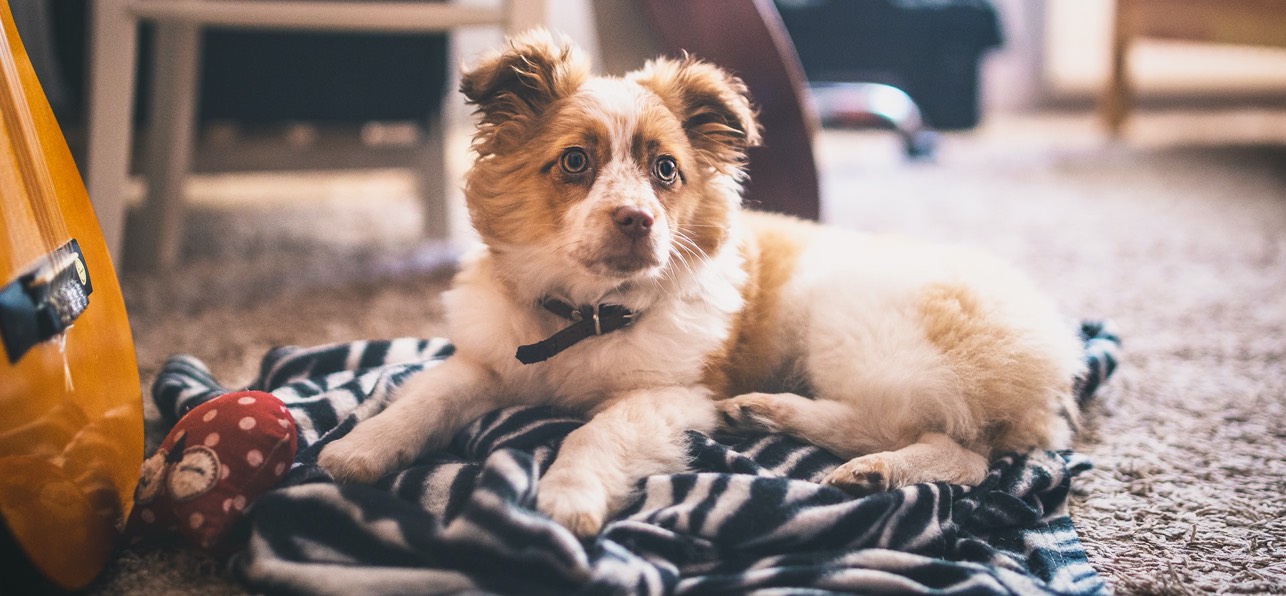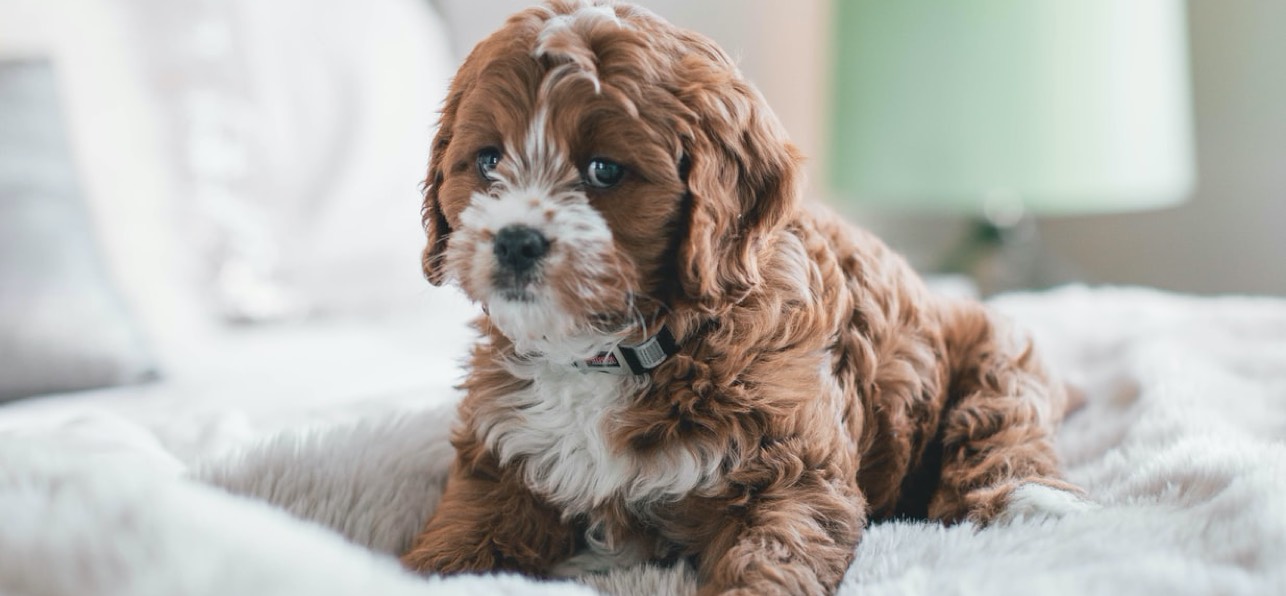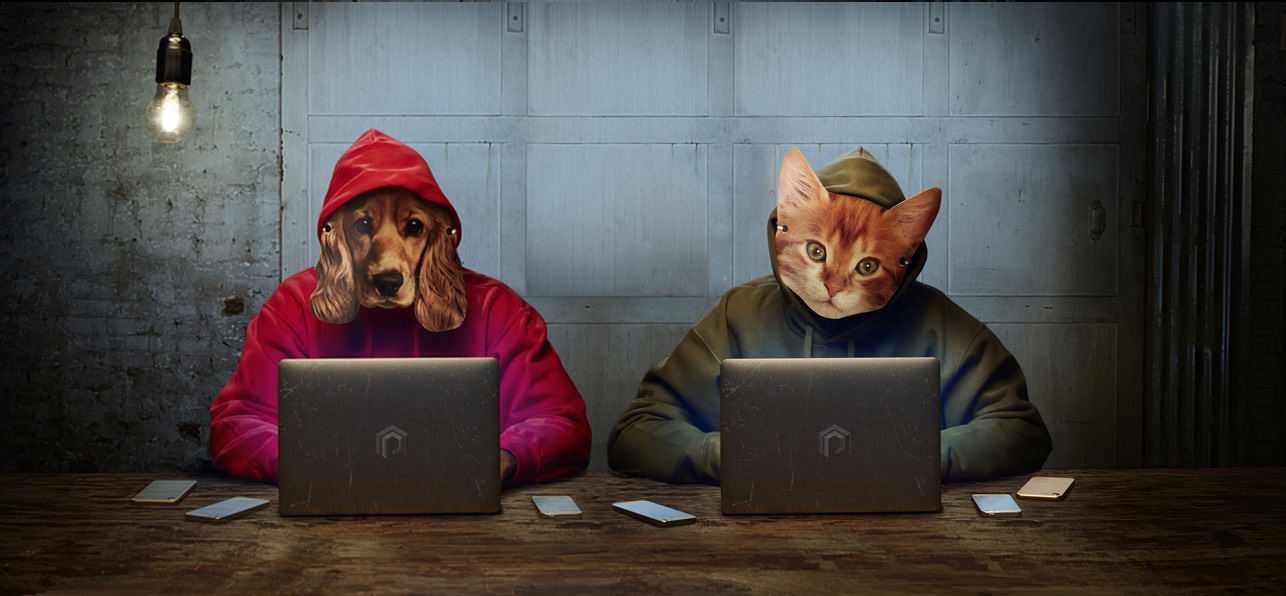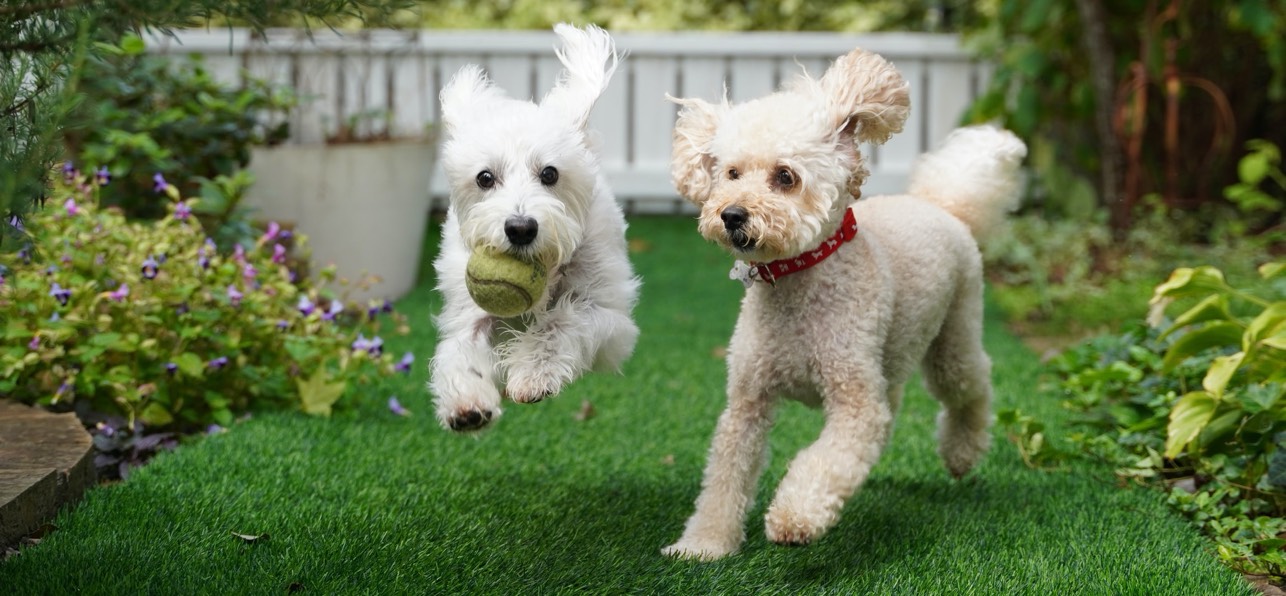Have you noticed any difference in your pet's behaviour during the Coronavirus lock-down? Pets can feel stress and anxiety and often become stressed if their owners are stressed.
The Coronavirus pandemic is affecting everyone, from businesses closing down, public going into lock-down and pets feeling the anxieties from their owners.
With many of us now working from home, our living spaces are hectic, crowded and our pets are wondering what on earth is going on? Whilst its a blessing to be home and around our pets more than normal, giving them too much of our attention can cause behavioural problems and dependency issues later on down the line.
Pets need routine and for many, this no longer exists. The sudden change in everyone's lives have caused our pets to become attached to spending more time with their owners and become upset when their owners leave the room or go to bed for the evening.
Now more than ever, the nation needs to stick to a healthy routine for their day-to-day lives and this also includes our pets. Dog and cat owners are becoming increasingly worried about their pets developing separation anxiety when the pandemic is over.
Naturally, we want to spend as much time with our pets as possible and as we’re now working from home, we are more likely to pay more attention and affection to our furry little friends. We’ve unknowing disrupted their routine and if not managed carefully, this can lead to behavioural problems later on down the line.
How to manage separation anxiety during the Coronavirus pandemic
Try to keep to your pet's routine as much as possible and this includes feeding times. Dogs and cats must be fed at the same time every day as they normally would. If your dog is used to an early morning walk, then this should still happen as long it is safe to do so and you keep your 2meter distance from other people outside of your household. This will be the only time you leave the house for the day during the lock-down, so it is extremely important that your dog enjoys their walk and is left feeling tired and satisfied afterwards.
Upon returning home, encourage your dog to rest and start your day as you normally would. If you have a separate office you should work from there to have some alone time and to teach your dog to be comfortable on their own for a while.
Of course, there is nothing wrong with spending extra quality time with our pets, it's all about balance and not being too overindulging with our attention because when we go back to work, our pets will become more prone to separation anxiety and dependency issues.
When spending quality time with your pets, you should aim to make this time educational and interactive, this way keeping them mentally stimulated and prevent them from becoming bored.
Listed below are three fun indoor games to play with your pets during isolation:
Find the toy
Spend 20-30 minutes playing with your pet by hiding their favourite toy or treat and encouraging them to find it. Make the game exciting and reward them for listening as well as interacting.
Play fetch
This game is best played in your garden or outdoor space. If you share a space with other people that do not form part of your household, then you should only use this space for when there is nobody outside as you want to prevent your dog running up to anyone else or prevent anyone from touching or stroking your dog whilst we’re in lock-down.
Have fun with their food
Rather than feeding your dog with their normal food bowl, try putting their food in a kong or other food puzzle and encourage them to play with the toy to release the food. Alternatively, you could hide some of their kibbles around their eating space and encourage them to hunt for their food. Both games stimulate their appetite and their senses.




